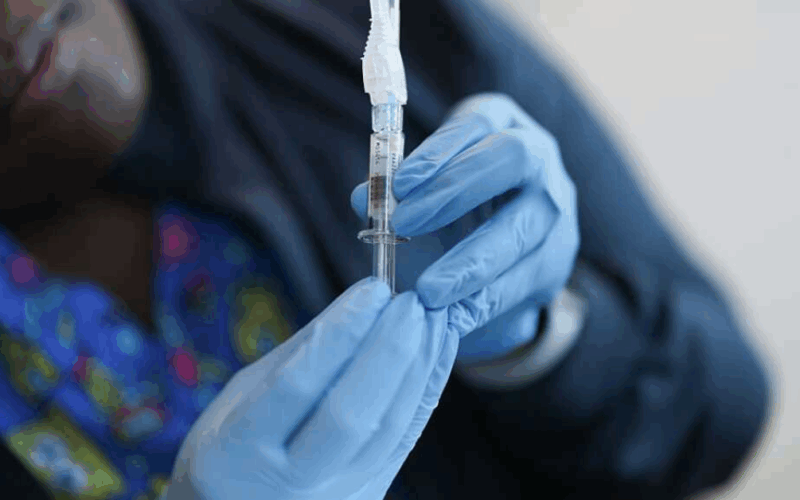The debate around vaccine policies in the United States has taken a dramatic turn recently. Robert F. Kennedy Jr., a well-known vaccine skeptic, has been given significant influence over the CDC’s immunization advisory panels. This move has stirred widespread controversy, raising questions about the future of vaccine safety measures and public health guidance.
Many experts and politicians from both parties are concerned that RFK Jr.’s involvement could undermine scientific consensus on vaccines. This controversy highlights the challenging balance between public confidence in vaccines and the political pressures shaping health policies today.
Who is Robert F. Kennedy Jr. and Why His Role Matters?
Robert F. Kennedy Jr. is a prominent environmental attorney and activist, but he is mostly known for his outspoken views against vaccines. He claims vaccines can cause harm, although multiple scientific studies have debunked these claims. His recent appointment to advisory panels at the Centers for Disease Control and Prevention (CDC) has alarmed many health advocates because CDC panels usually influence vaccine recommendations for millions.
According to NPR, RFK Jr.’s involvement could slow down vaccine approval processes and introduce misinformation that affects public trust in immunization programs[source]. His presence on these panels is seen as a challenge to established vaccine science, complicating the U.S. government’s efforts to control diseases through vaccination campaigns.
The Bipartisan Backlash: What Are Lawmakers Saying?
The controversy is not limited to one political party. Both Republicans and Democrats have expressed concerns over RFK Jr.’s appointment. Many lawmakers worry that his views could cause confusion and fear around vaccines, potentially leading to fewer people getting vaccinated and higher risks of disease outbreaks.
An article in The New York Times highlights how the bipartisan backlash pushes for more scientific integrity in CDC panels and urges a review of current appointments[source]. Some suggest removing members who reject widely accepted vaccine science to protect public health efforts. This bipartisan effort shows that vaccine safety remains a critical issue across party lines.
What This Means for Vaccine Policy and Public Health
The involvement of vaccine skeptics in official CDC vaccine panels could affect how vaccines are recommended and distributed across the country. Vaccines are essential for preventing diseases and keeping communities safe. If misinformation spreads from trusted advisory groups, it could lower vaccination rates, leading to outbreaks of preventable illnesses like measles or whooping cough.
Experts warn that maintaining scientific standards in policy decisions is vital. The CDC plays a major role in advising about vaccines for schoolchildren, healthcare workers, and the general public. Any disruption or delay in their guidance can have serious consequences for disease control and public confidence. For more details on vaccine safety and CDC’s role, visit the CDC’s official site[source].
How Should the Public Respond?
Young people and the broader public should stay informed by following credible sources like the CDC and the World Health Organization. It’s important to rely on scientific evidence when making health decisions rather than opinions or political arguments. Talking with healthcare providers about vaccine questions can help clear up misunderstandings and address concerns properly.
In a time when misinformation spreads quickly, verifying facts and maintaining trust in vaccines is crucial to keeping everyone healthy. Engaging in community discussions and supporting science-based policies can help prevent the spread of diseases and protect future generations.




